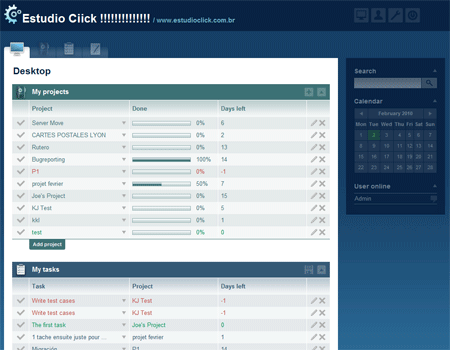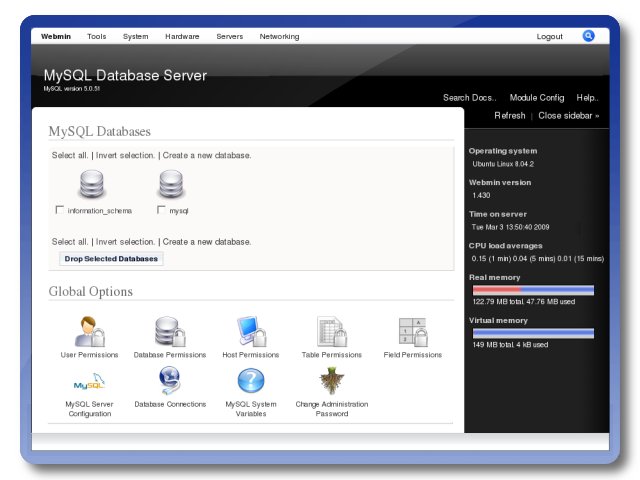

Most enterprises won't contribute to the code tree of open-source software-and that's okay. However, a couple of compelling value-oriented reasons emerge, as related to enterprise requirements, and enterprises should really care about them. While you would think that the advent of public clouds would make all software a commodity, especially open source, there are reasons why this model remains popular. Yes, you can get your team in a circle and talk about the evils of proprietary software, and there are those who look at open source as a quasi-religion. In many cases, the use of cloud computing actually brings negative value to enterprises. The result is more cost to operate or change than originally modeled. All are one-off, with "best of breed" being the battle cry.Īfter deployment, the burden is on the CloudOps team to operate a complex array of technologies that run on numerous public and private cloud platforms. There is a clear lack of defined common cloud services, so you end up with a hodgepodge of security, governance, databases, and compute platforms. The core issue is the fact that most cloud-based offerings, either net-new applications or migrated applications, are built in short, decoupled sprints by different teams, using different cloud platforms, tools, databases, and approaches. According to the survey, 84% of enterprises use more than four private or public cloud platforms. However, RightScale's recent "State of the Cloud Report" asserts that enterprises continue to invest in multiple private or public cloud platforms. This represents a pivot away from DIY, and toward cloud or hosted third-party IT services. Today the stakes are higher than ever for cloud management tools that will provide solid performance, open source or not.Ĥ51 Research expects 60% of workloads to be running in some form of hosted cloud service by the end of the year, up from 45% today. This pattern continues to rise as a preferred native cloud management system because enterprises can deploy workloads on public clouds, yet still run their private and public clouds using private-cloud-based cloud management. These tools include open-source IaaS clouds, such as OpenStack and CloudStack, that many use with public clouds to create DIY cloud management that is private-cloud-centered.

The term "cloud management" has a wide range of definitions. One might include open-source container orchestration tools, such as Kubernetes and Mesos, or DevOps-oriented tools such as Ansible. But here the focus is on pure-play cloud management tools that provide most implementations with useful tools to manage single or plural public and private clouds.

But first, you need to understand the new environment in which cloud management tools must operate.
OPEN SOURCE SOFTWARE MANAGEMENT TOOLS FOR FREE
It's a new world as enterprises consider how to leverage open-source cloud management. Here are several tools you can download today for free to use inside or outside of a public cloud platform. The cloud has pushed open source in a different direction. As a result, open source is no longer the only value option. Cloud computing gives you the ability to leverage both open-source and closed-source technology on demand, which turns the ROI model for open source on its head.Īt the very least, you need to analyze the new value metrics.


 0 kommentar(er)
0 kommentar(er)
